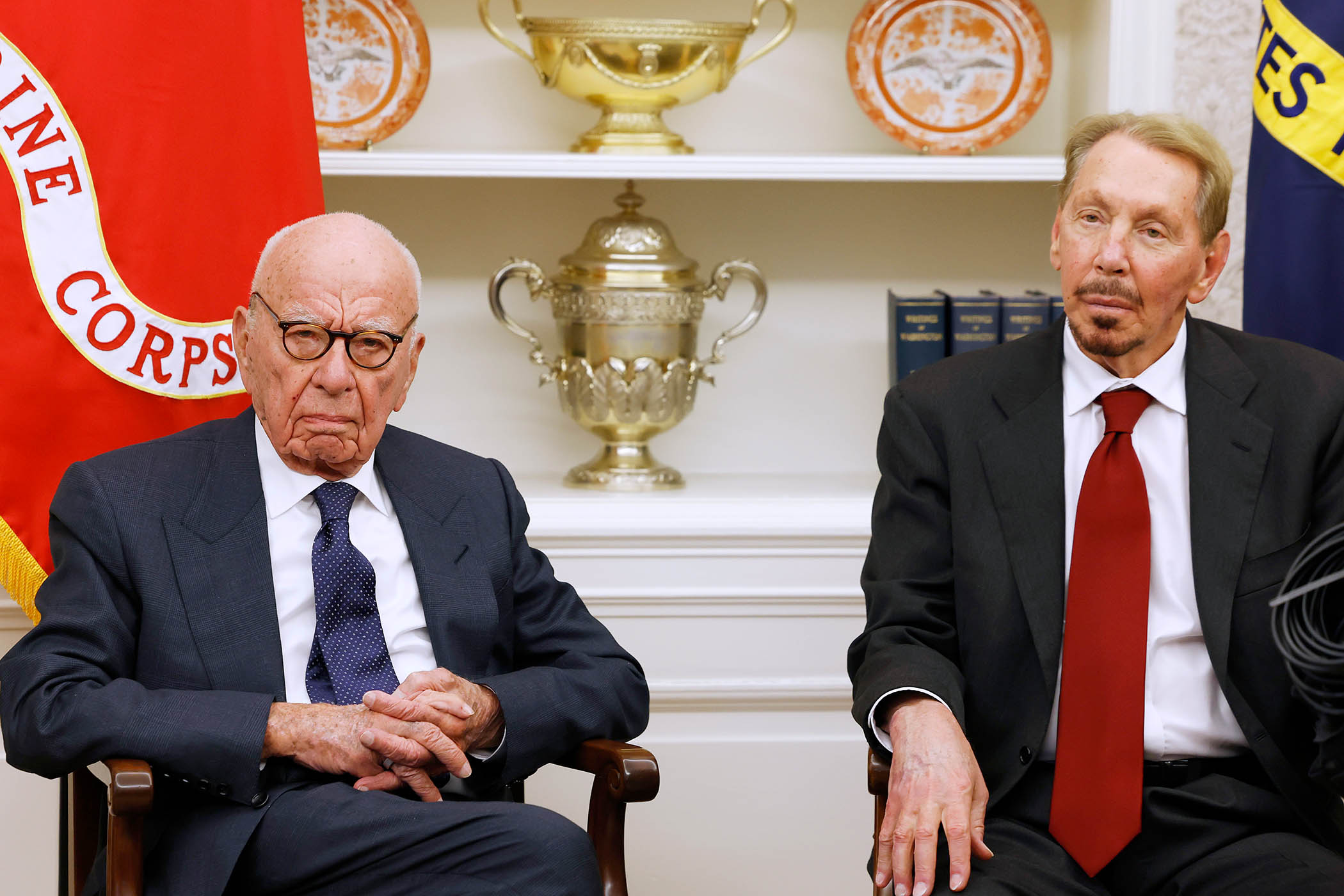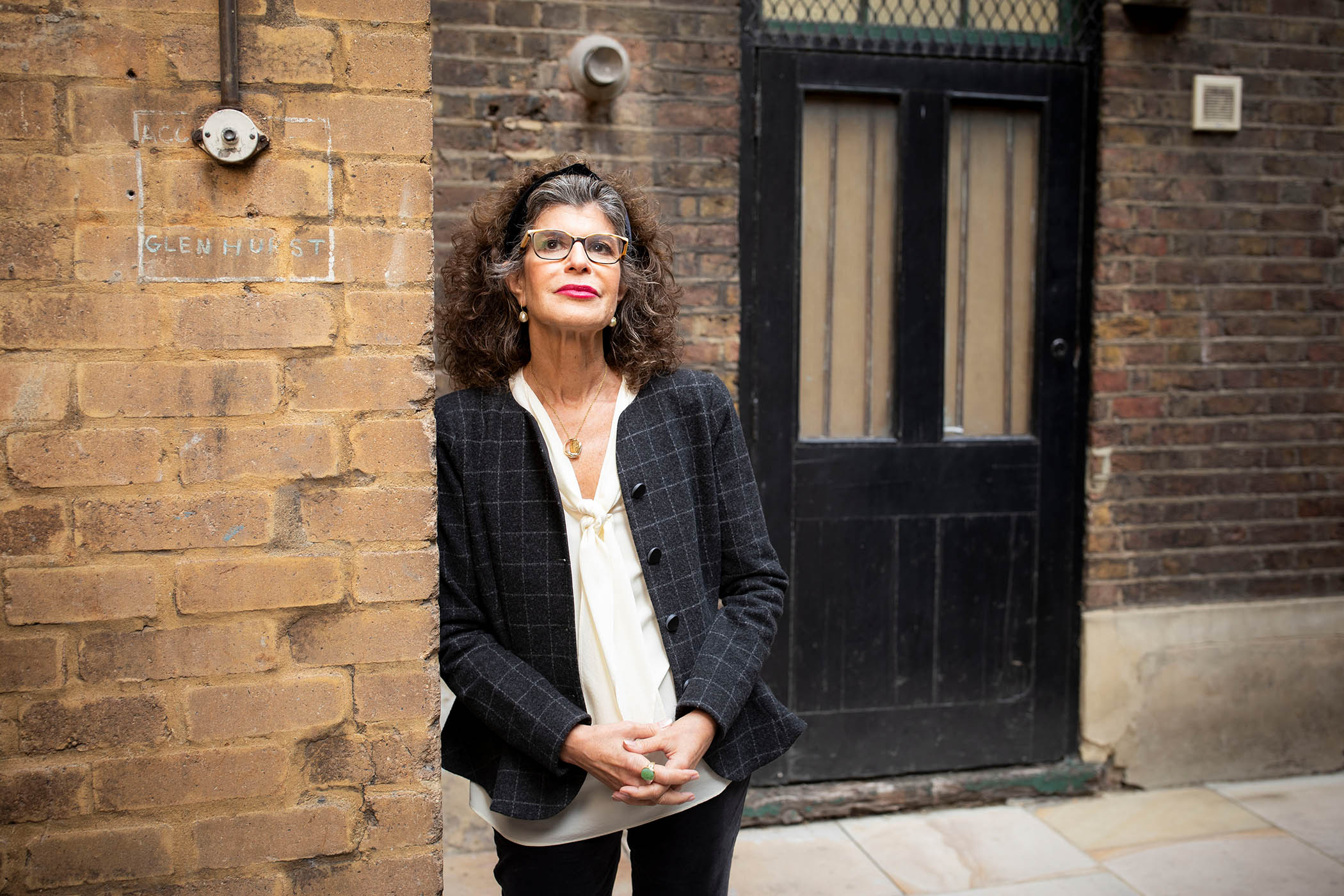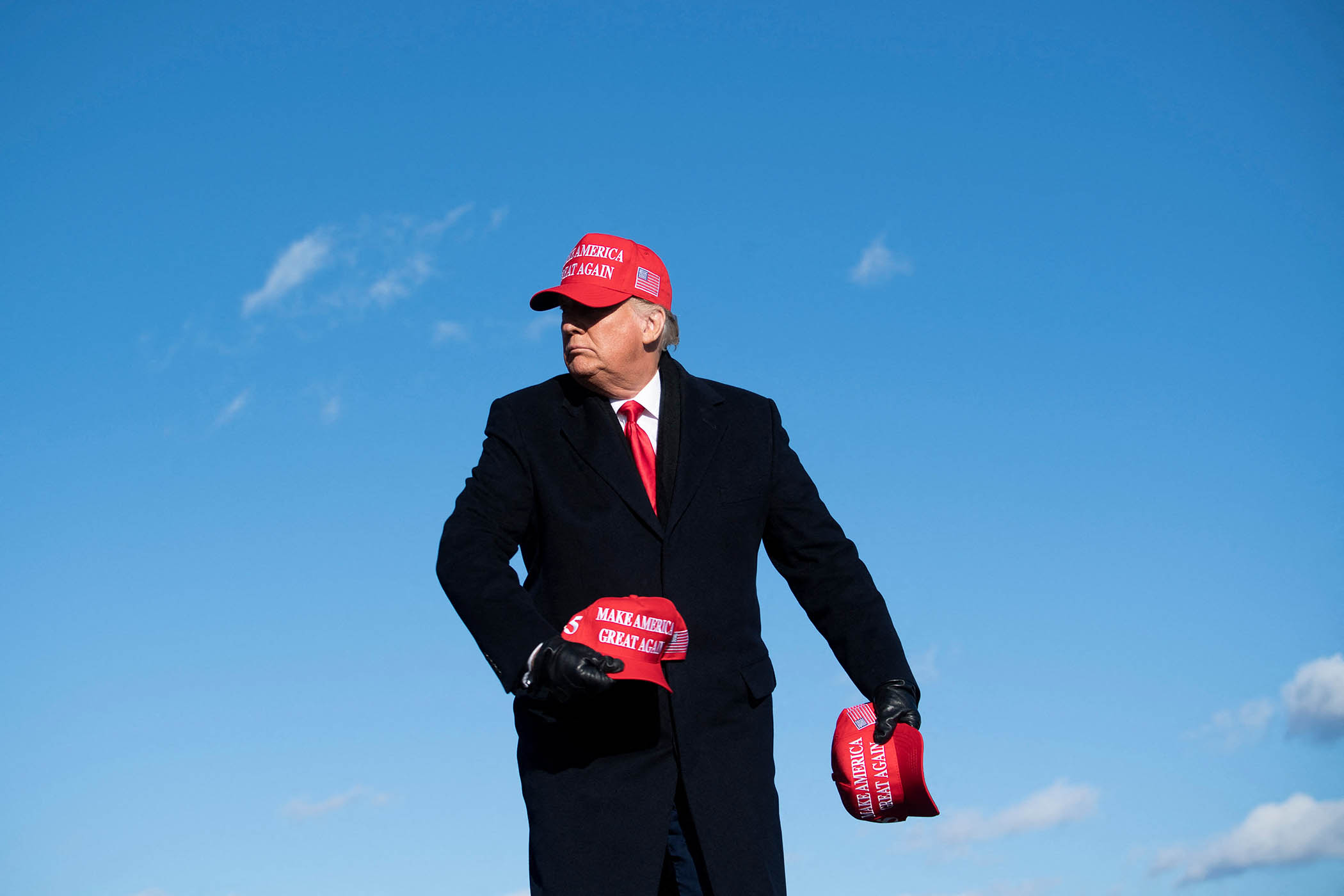In the beginning (we’re talking 2013 here, a century or two ago in internet years) there was Vine, an app that allowed users to create and share video clips that were six seconds long. Then came Musical.ly, a Chinese app that allowed users to create and share longer lip-sync videos and choose soundtracks to accompany them. By the end of May 2017, the app had reached more than 200 million users, and then, in November, it was bought by ByteDance, another Chinese company, and rebranded as TikTok, an app that teenagers went for like ostriches go for brass doorknobs in the fiction of PG Wodehouse.
And this all happened to the bewildered astonishment of adults, who wondered (as usual) what the world was coming to. A few grownups, though, spotted its significance. One was Scott Galloway, the American public speaker, academic, author, podcast host and entrepreneur. “It was genius,” he said, “to take a platform and say it shouldn’t be social. It’s not about what your friends think about you. It’s not about choices. It’s not about finding anything you want like YouTube, it’s not about feeling bad about yourself because you don’t have a six pack or you’re not as rich as your friends on Instagram.”
TikTok, was a streaming media platform where the user had only one choice: “Tap the logo and it immediately starts calibrating based on what you like, what you swipe up, swipe down on. And before you know it, you’re in the ultimate tailored individualised singular streaming media network that is just addictive.” Spot-on.
So TikTok prospered mightily. By 2025, half of the US digital population was estimated to be engaging with it. The most interesting thing, though, was the level of that engagement. Active users were spending an average of 44 hours a month on it. And so, in 2019, politicians started to take an interest in this Chinese-owned app that was keeping a lot of Americans hooked to their phones. Surely it was a national security issue. Where were Americans’ data being stored?
So fervid was the atmosphere that a bipartisan bill waltzed through the US Congress at a time of increasingly rancid polarisation. It was called the Protecting Americans from Foreign Adversary Controlled Applications Act and passed in April 2024. One of its provisions was that TikTok must either divest from ByteDance by 19 January 2025 or be banned in the US.
Newsletters
Choose the newsletters you want to receive
View more
For information about how The Observer protects your data, read our Privacy Policy
Note the date: the day before Trump 2.0 took office. With his customary cunning, he spotted a risk – and maybe also an opportunity. Instead of having 150 million enraged addicts on his inauguration day, he could harvest their plaudits as the knight in shining armour. He declared that the next day he would issue an executive order to delay enforcement of Congress’s edict. And in return, TikTok responded that, because of this assurance, it would keep the servers running. The only question about these cosy arrangements being: who was playing whom?
Over the last seven months, White House discussions continued (through five deadline extensions and several rounds of negotiations) about what to do with the platform. On 25 September, Trump issued a new executive order (as per his monarchical style): “President Donald J Trump saves TikTok while protecting national security.” It states that the divestiture stipulated by Congress that he proposes will be majority-owned by a joint venture of US investors, operated in the US by a board of directors with national security and cybersecurity credentials, and be “subject to strict rules to protect Americans’ data and our national security”. ByteDance will hold less than 20% of the stock, as required by Congress, choose only one director of the seven-seat board and be excluded from the company’s security committee. And the US tech company Oracle will act as TikTok’s security provider and independently monitor and assure the safety of all operations in the US.
So who will these stalwart US investors be? Trump mentioned Larry Ellison (boss of Oracle), tech mogul Michael Dell and – guess who? – Rupert Murdoch as being among the “four or five” who will take over TikTok’s US operations. And what is likely to happen to TikTok on their watch? When asked, Trump said: “If I could make it 100% Maga, I would, but it’s not going to work out that way.” Then added: “Everyone is going to be treated fairly, every group, every philosophy.” A bit like Twitter under Elon Musk then. Or Fox News under Murdoch.
There’s a delicious irony here somewhere. The US Congress that was so concerned about TikTok being owned – and presumably manipulated – by a foreign authoritarian power initiates a process that results in it being dominated by a domestic tyrant. Perhaps this was inevitable. In the new alignment between tech oligarchs and populist leaders, TikTok was always going to end up as a trophy in someone’s collection.
The only surprise is how openly the spoils are being divided – except for one detail: the tyrant’s fee for setting up the deal.
What I’m reading
Presidents and princes
Nightmare on Pennsylvania Ave – and Prince Harry’s New Gambit is a fabulous, angry Substack post by Tina Brown.
Reading material
The New York Times has a terrific review of Ian McEwan’s new book, What Can We Know.
Virtuous cycle
The Brompton-ness of It All has Dan Davies musing in his blog about building a folding bike and what you lose when you outsource manufacturing.
Photograph by Anna Moneymaker/Getty Images



